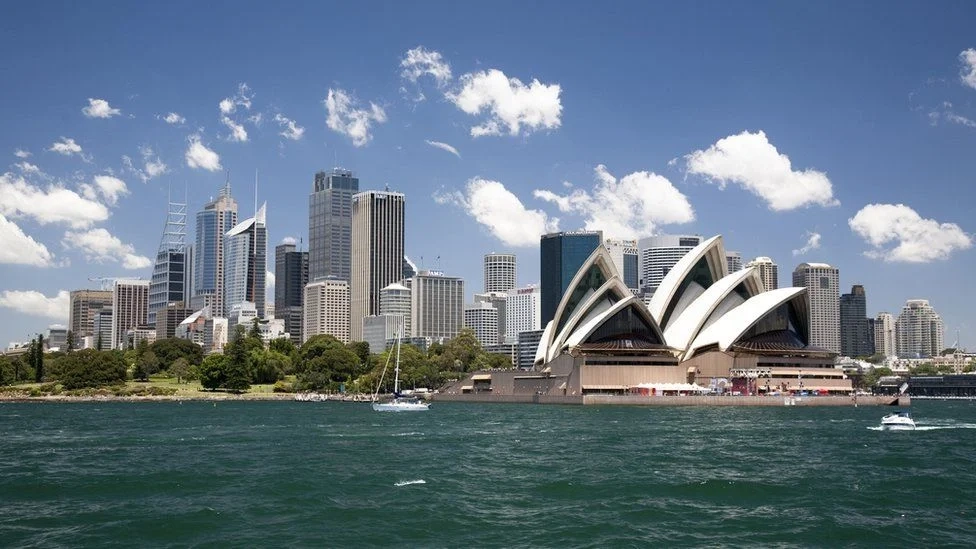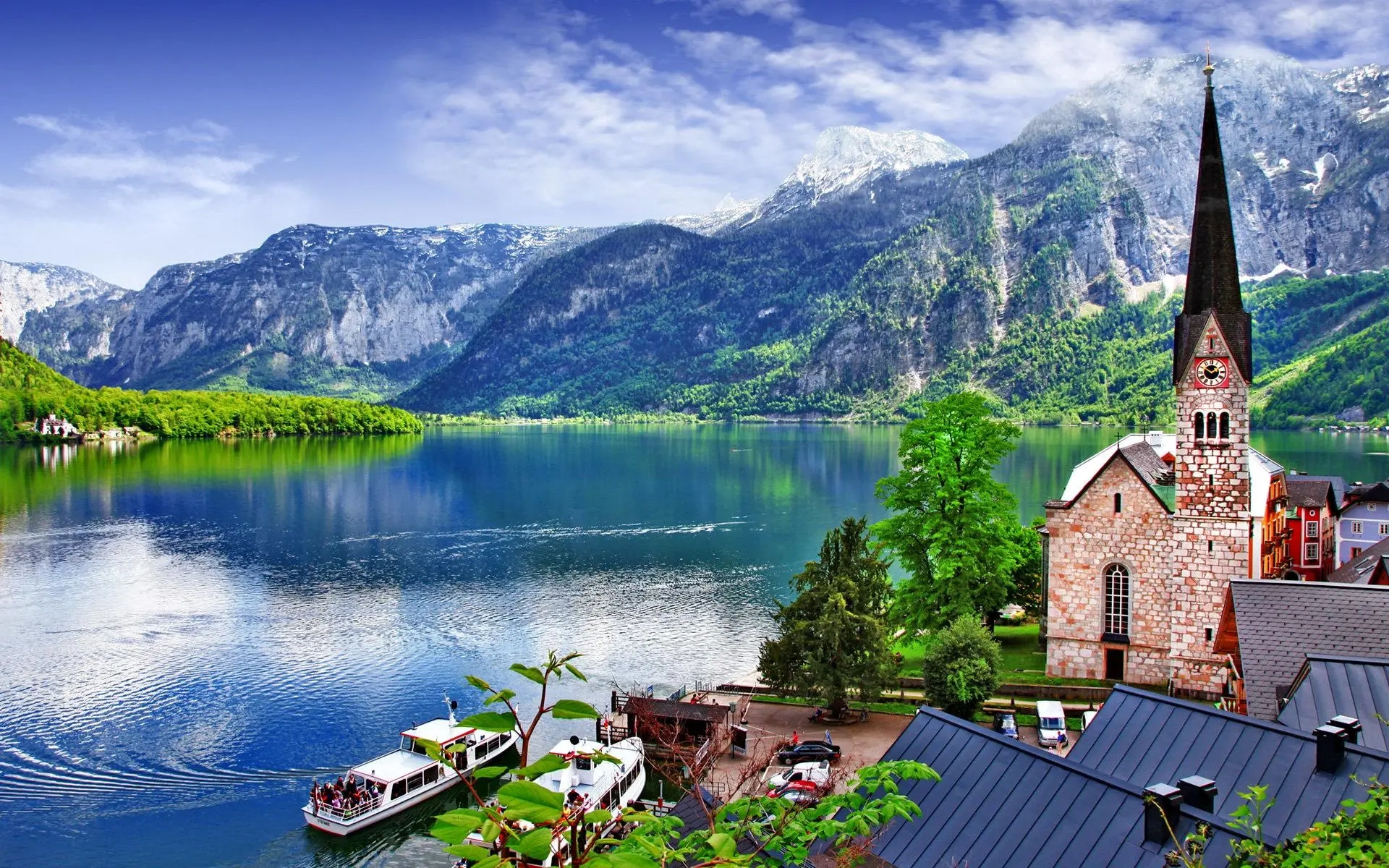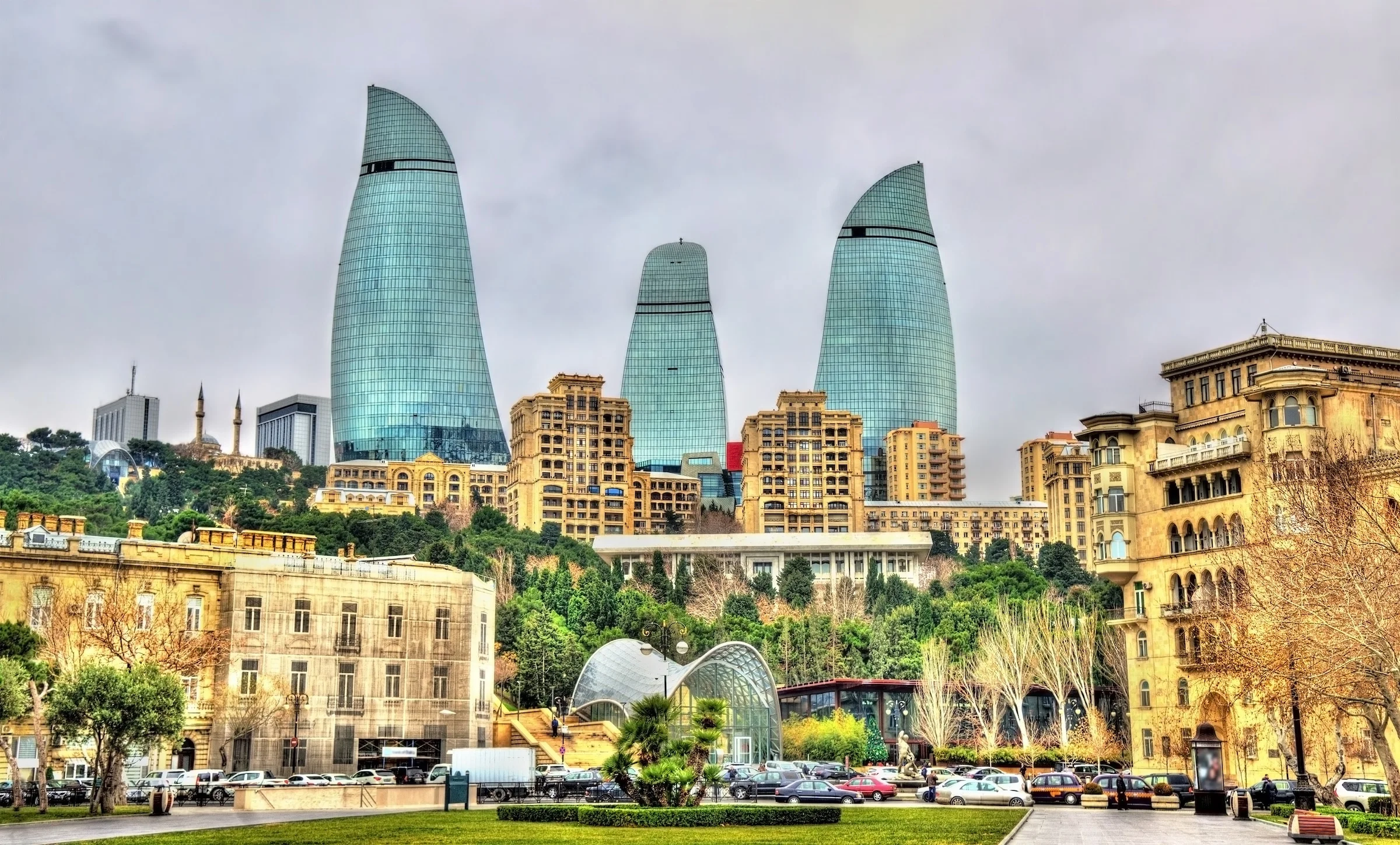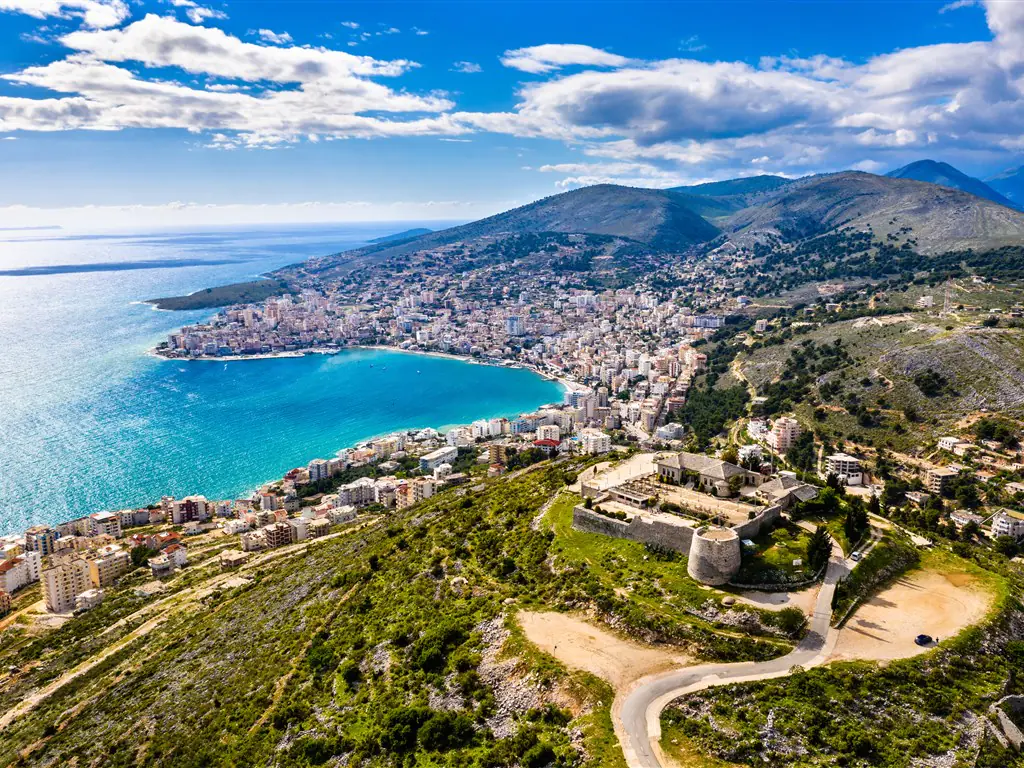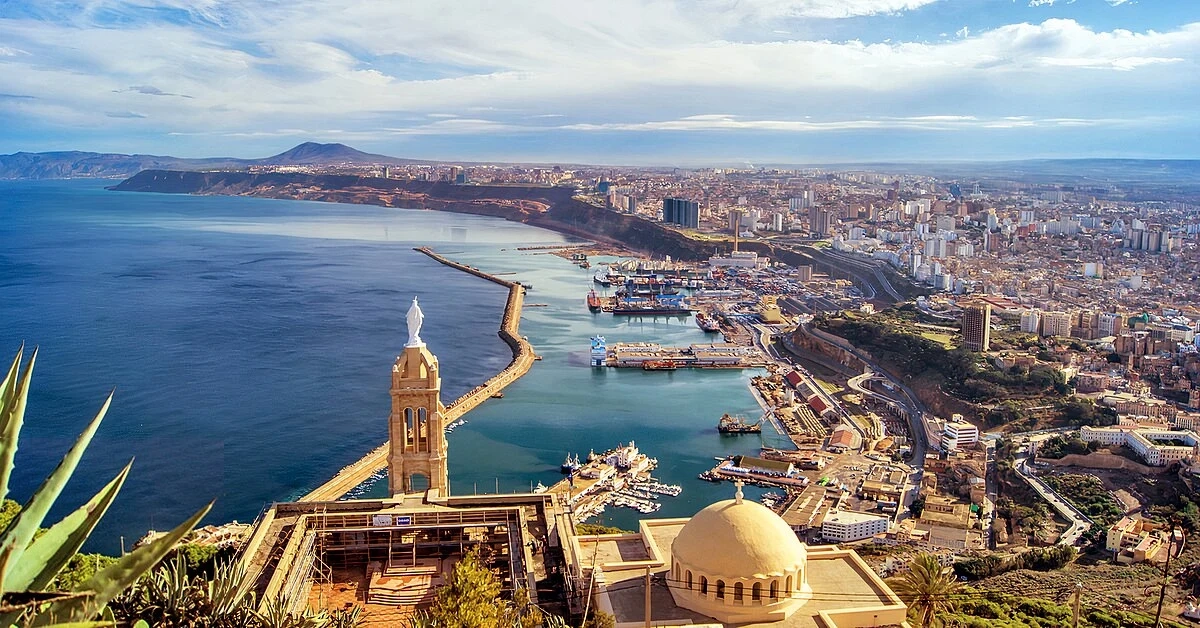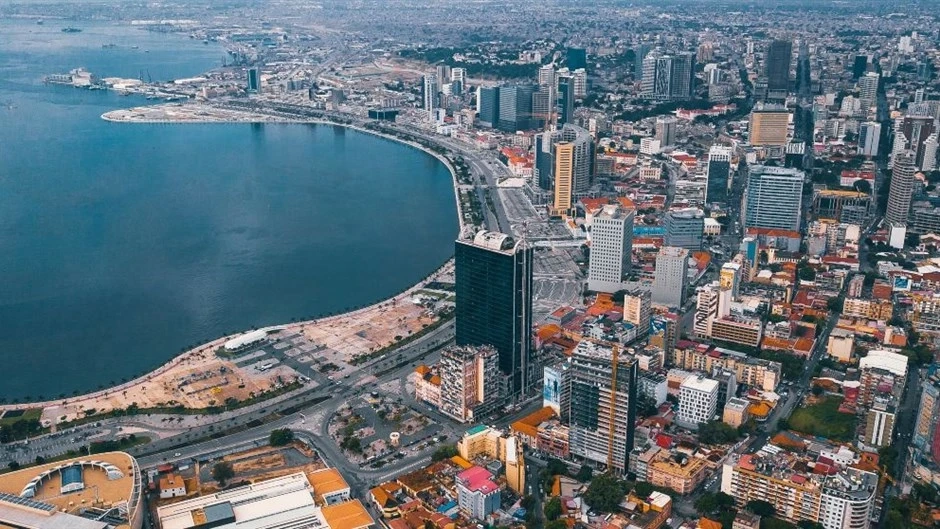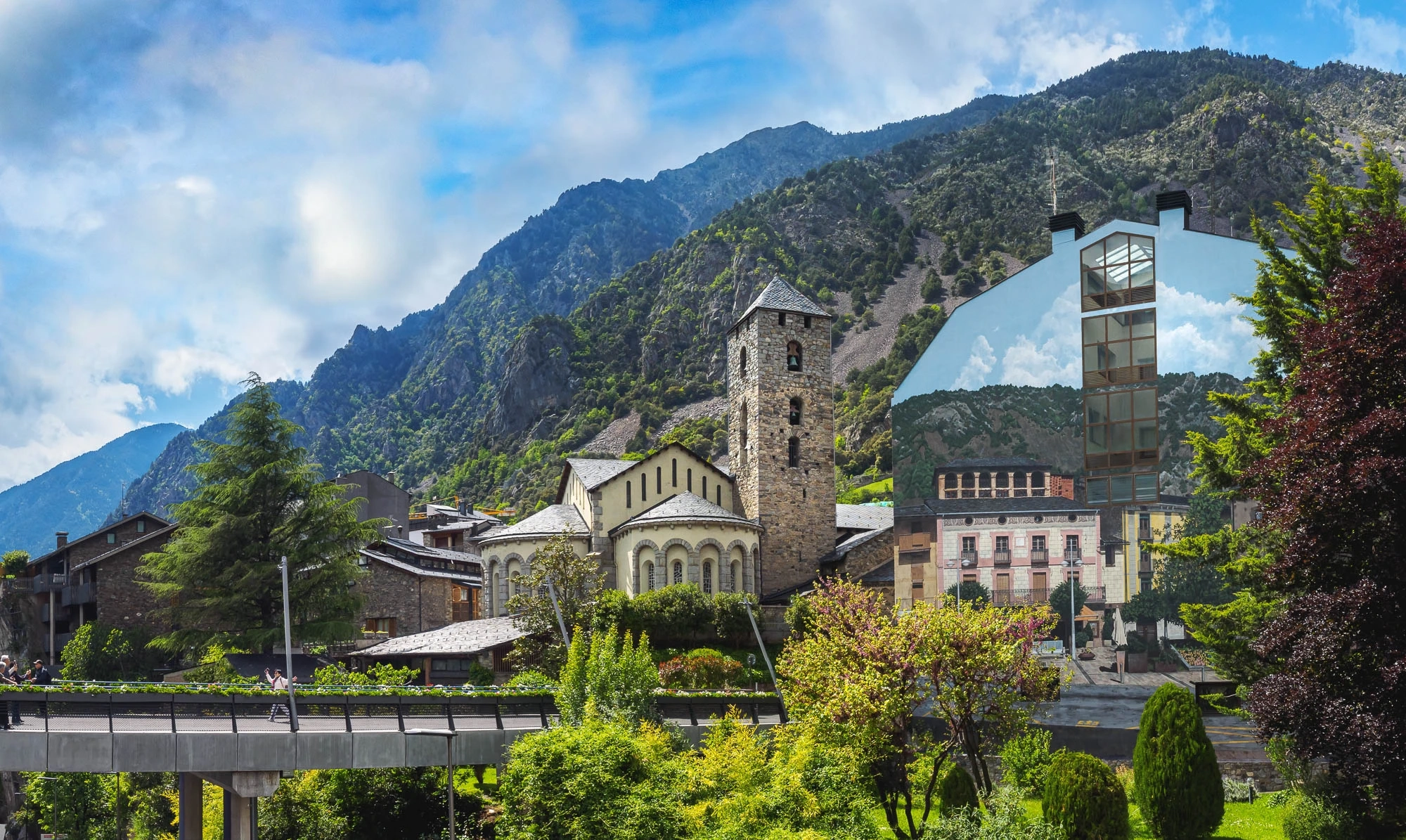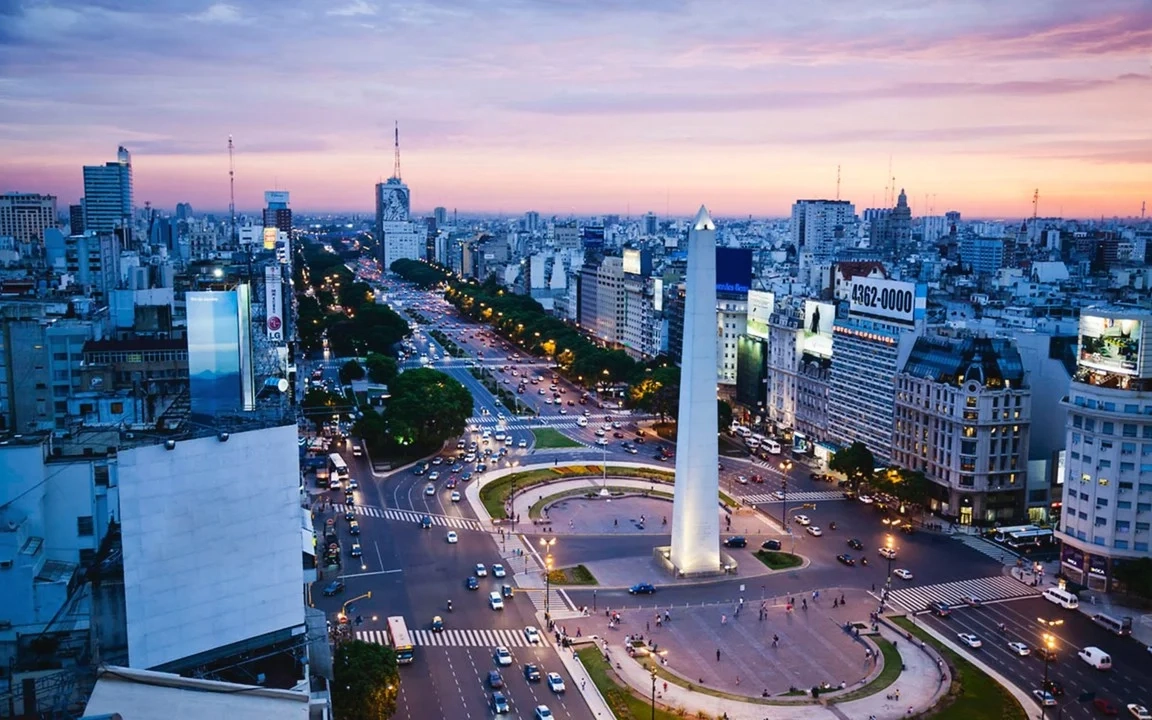1. Engineers: Engineers in Italy, especially those in fields such as civil, mechanical, or electrical engineering, can earn an average salary ranging from €30,000 to €60,000 per year, depending on experience and specialization.
2. IT Professionals: Information technology professionals, including software developers and IT consultants, may earn salaries ranging from €25,000 to €50,000 or more, depending on expertise and the employer.
3. Medical Professionals: Doctors and medical specialists, such as surgeons or radiologists, can earn salaries varying widely based on their specialization. Salaries may range from €40,000 to well over €100,000 per year.
4. Tourism and Hospitality Industry: Jobs in the tourism and hospitality sector, such as hotel managers or restaurant owners, can vary widely. Salaries may range from €20,000 to €50,000 or more.
5. Artists and Designers: Salaries for artists, designers, and creative professionals vary widely. Freelancers may earn based on project fees, while those in established roles can earn salaries ranging from €25,000 to €60,000 or more.
- Working Hours. The standard working week in Italy is 40 hours, usually spread over five days. However, variations exist based on industry and collective bargaining agreements.
- Vacation. Employees in Italy are entitled to paid vacation days. The minimum annual leave is typically 28 days, and this may increase with years of service. Collective agreements and company policies may further detail vacation entitlements.
- Public Holidays. Italy observes several public holidays, and employees are generally entitled to take these days off with full pay. Some of the key public holidays include New Year's Day, Liberation Day, Labor Day (May 1st), Republic Day (June 2nd), and Christmas.
- Sick Leave. Employees are entitled to sick leave with full or partial pay. The duration and conditions for sick leave may vary based on the employment contract, industry, and other factors.
- Maternity and Parental Leave. Maternity and parental leave provisions are in place to support employees during childbirth and the early stages of parenting. These provisions include maternity leave for mothers and parental leave for both parents.
- Minimum Wage: Italy does not have a statutory minimum wage set at the national level. Minimum wages are often determined through collective bargaining agreements. As a reference, some regional minimum wages may range from €7 to €10 per hour.
- Average Wages: The average gross monthly salary in Italy can vary based on factors such as occupation, industry, and location. On average, gross salaries may range from €1,500 to €3,000 per month. High-skilled professions in major cities may have higher average salaries.
1. Business Culture:
Italy has a strong tradition of family-owned businesses, and family ties often play a crucial role in entrepreneurship. Relationships and trust are highly valued in Italian business culture.
2. Start-up Ecosystem:
In recent years, Italy has seen a growing interest in start-ups and innovation. Cities like Milan and Rome have developed vibrant ecosystems with co-working spaces, incubators, and accelerators supporting new ventures.
3. Small and Medium-sized Enterprises (SMEs):
SMEs form the backbone of the Italian economy. Many successful businesses start small and grow organically. Local artisans and niche enterprises contribute to the country's economic fabric.
4. Challenges and Opportunities:
Entrepreneurs in Italy face challenges such as bureaucratic hurdles, complex tax regulations, and access to funding. However, there are opportunities, especially in sectors like fashion, design, technology, and food, where Italian businesses excel.
1. Milan – the financial and economic powerhouse of Italy. It is a global fashion and design capital and a major industrial and financial center. The city is home to the Italian Stock Exchange (Borsa Italiana) and numerous multinational corporations.
2. Rome – As the capital city, Rome plays a central role in politics, culture, and business. It hosts government institutions and international organizations. While not as focused on finance as Milan, Rome offers opportunities in various sectors, including tourism and services.
3. Turin – a key industrial city, known for its automotive and engineering sectors. It is the headquarters of Fiat Chrysler Automobiles (FCA) and has a strong tradition in manufacturing and innovation.
4. Florence – Florence is renowned for its artistic and cultural heritage, making it a hub for creative industries. It is an important center for luxury goods, fashion, and design businesses.
5. Venice – despite its small size, Venice has a significant impact on the tourism and hospitality industries. It is a UNESCO World Heritage Site and a popular destination for international visitors.






